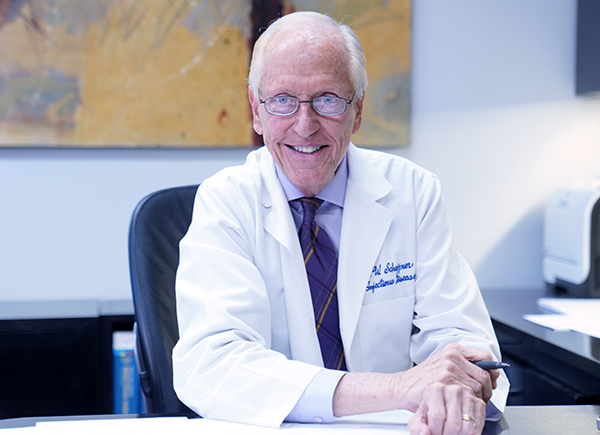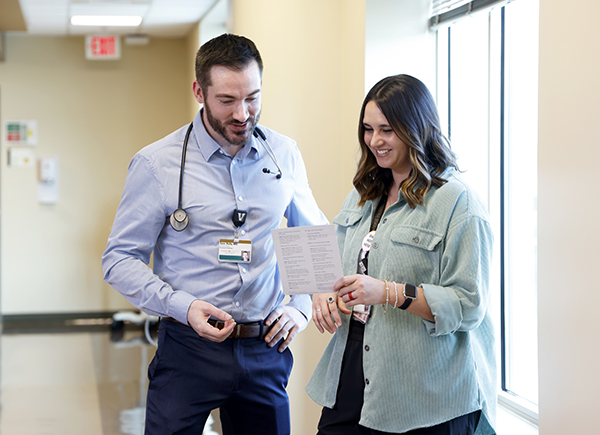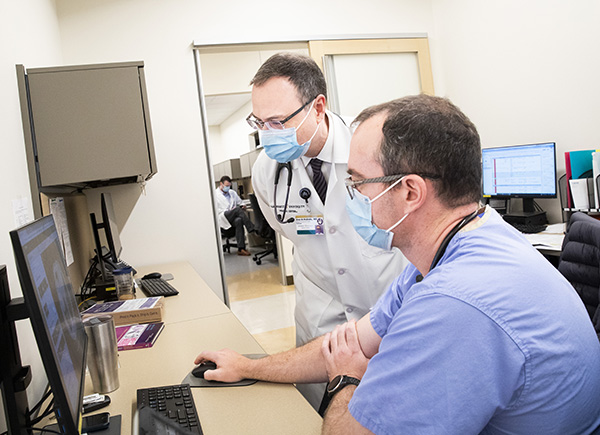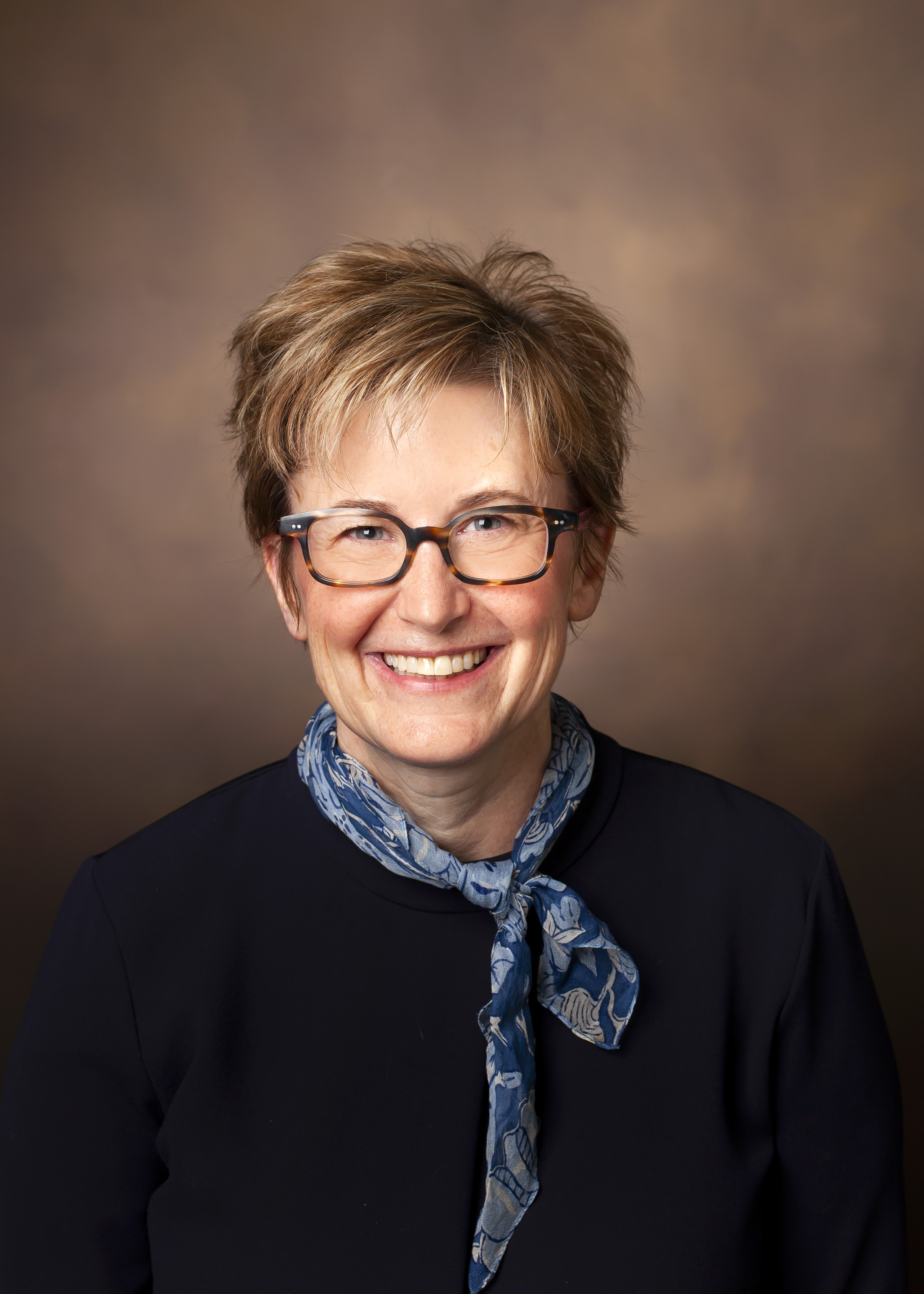The Schaffner Society is committed to supporting the careers of clinician educators (CEs) in the Department of Medicine. The Schaffner Society does this by providing services that assist CEs in their efforts to become outstanding clinicians, researchers, and educators. Each Division Director is expected to support CE faculty with divisional functions (e.g. support of clinical centers) and divisional programs.
The Schaffner Society exists to enhance CE careers in comprehensive and meaningful ways that extend far beyond these foundational activities. All CE faculty are awarded membership in the Schaffner Society, as well as access to its resources.

About the Schaffner Society
The Schaffner society is named for William Schaffner, MD, Professor and Chairman of Preventive Medicine and Professor of Medicine at Vanderbilt University School of Medicine.
Dr. Schaffner has made many fundamental and guiding observations on infectious diseases, their detection, prevention, and management as they impact individuals and society. This capacity to observe, analyze, and report important findings represents an approach to medicine that all clinicians and scientists could well emulate, and establish as a goal for a career with lasting impact on the practice of medicine.
Our Activities
In addition to division resources, the Schaffner Society provides additional career development activities for CE faculty, including workshops, seminars, and career counseling, to advance faculty skills and promote career growth. Current faculty can find a list of available Schaffner Society workshops and resources on the Department of Medicine SharePoint site here.


Schaffner Society Advisors
Each division has a Schaffner Advisor to assist CE faculty in identifying activities that not only enrich their careers but also serve to benefit the overall medical enterprise and enhance the mission of the Department of Medicine. Division advisors are:
- Allergy, Pulmonary and Critical Care Medicine: Joao de Andrade, MD
- Cardiovascular Medicine: Lisa Mendes, MD, and Robert Piana, MD
- Clinical Pharmacology: Italo Biaggioni, MD
- Diabetes, Endocrinology and Metabolism: Howard Baum, MD
- Gastroenterology, Hepatology and Nutrition: Michael Vaezi, MD, PhD
- General Internal Medicine and Public Health: Neeraja Peterson, MD
- Geriatric Medicine: Mariu Duggan, MD, MPH
- Hematology and Oncology: Vicki Keedy, MD
- Infectious Diseases: Anna Person, MD
- Nephrology and Hypertension: Heidi Schaefer, MD
- Rheumatology and Immunology: Jason Springer, MD, MS
Initiatives of the Schaffner Society are focused on three main areas:
Society Leadership

Jill Gilbert, MD
Vice Chair for Professional Development
Professor of Medicine
Division of Hematology and Oncology
Lisa Mendes, MD
Director, Schaffner Society
Professor of Medicine
Division of Cardiovascular Medicine
